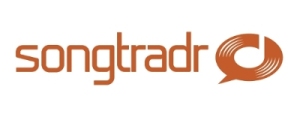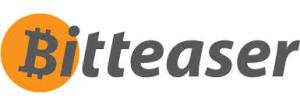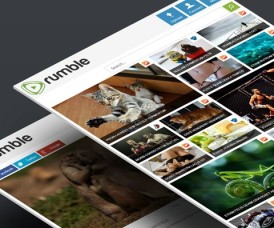 Songtradr made its debut this week, a consumer-friendly B2B platform that simplifies what’s complicated about music ownership and rights.
Songtradr made its debut this week, a consumer-friendly B2B platform that simplifies what’s complicated about music ownership and rights.
The Songtradr team’s ambitious goal is nothing less than to redefine the value of music. It’s a one-stop shop for managing, licensing and selling music, simple and affordable enough for anyone to use.
“We see ourselves as connecting the fragmented world of music rights in one place,” explains Songtradr CEO, Paul Wiltshire. His company facilitates deals, matching songs with films, TV, video games, advertisers, YouTubers and others. Using Songtradr, composers and artists collaborate and then find buyers, publishers and labels—all of whom can use Songtradr’s free content management system to organize extensive inventory. It’s a marketplace where music assets are stored, discovered, curated, and monetized.
Unique features include Songtradr’s extraordinary variable pricing calculator, which helps rights holders determine market rate price points based on media usage, budget, term and territory. And for those looking for a personal touch, Songtradr’s matchmakers curate music for carefully targeted audiences.
Read More »
 An awareness is dawning in the industry that blockchain—the technology behind (really, interwoven with) BitCoin—is the main story. BitCoin is almost a distraction, a sideshow to the real deal. Most people have heard of BitCoin, the “cryptocurrency.” In simple terms, BitCoin is value that resides in computer networks. It seems to be mysteriously reliable, partly because it is verified by multiple parties.
An awareness is dawning in the industry that blockchain—the technology behind (really, interwoven with) BitCoin—is the main story. BitCoin is almost a distraction, a sideshow to the real deal. Most people have heard of BitCoin, the “cryptocurrency.” In simple terms, BitCoin is value that resides in computer networks. It seems to be mysteriously reliable, partly because it is verified by multiple parties.

 big business and as increasing activity moves online, so too do the marketing dollars. While 2015 saw an estimated $170.5 billion (bn) spent on online advertising globally, this figure is projected to mushroom almost 50% by 2018 to $252bn. But can anyone apart from the big guys snap up a slice of this lucrative business and leverage the Internet of Things to achieve it?
big business and as increasing activity moves online, so too do the marketing dollars. While 2015 saw an estimated $170.5 billion (bn) spent on online advertising globally, this figure is projected to mushroom almost 50% by 2018 to $252bn. But can anyone apart from the big guys snap up a slice of this lucrative business and leverage the Internet of Things to achieve it?





